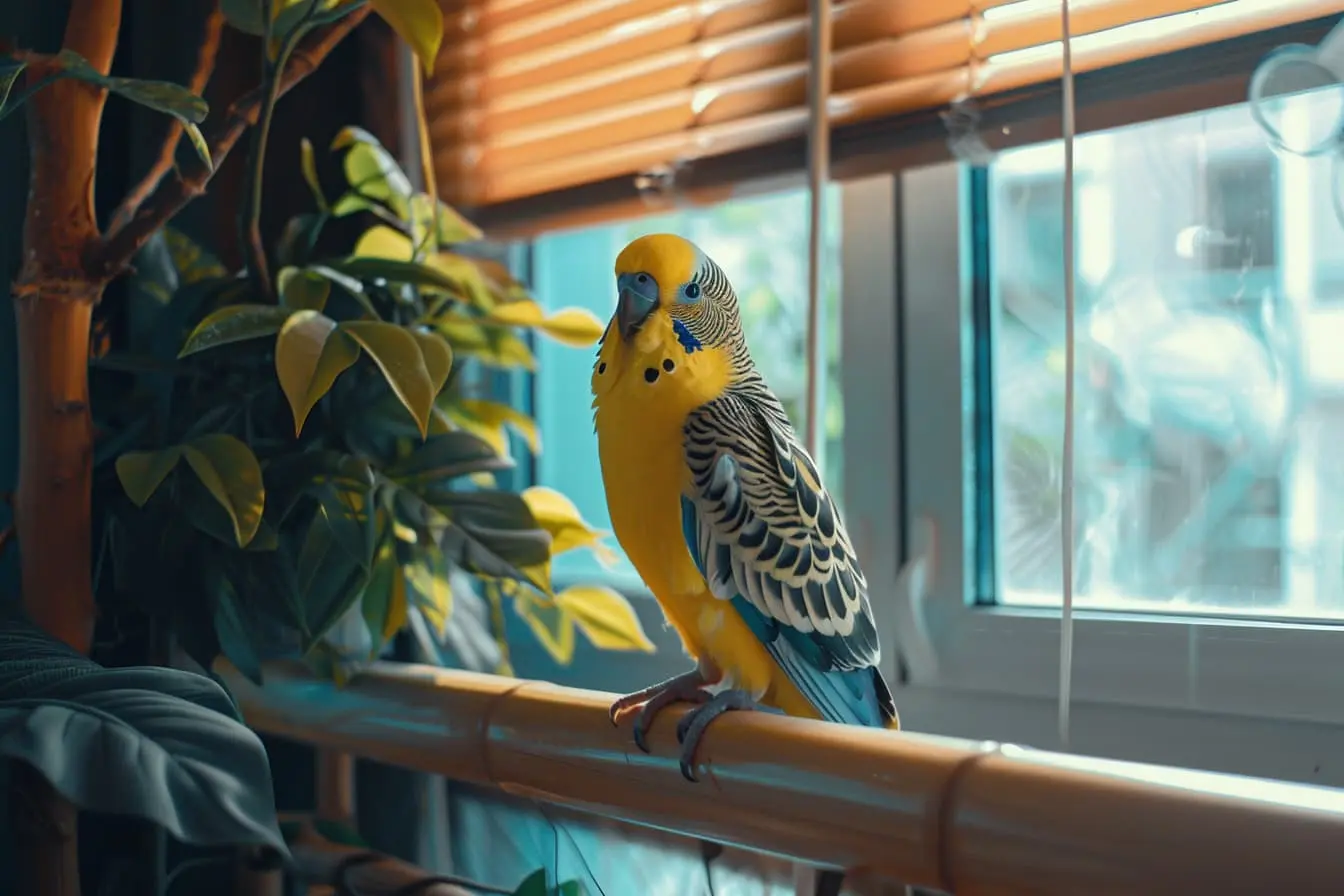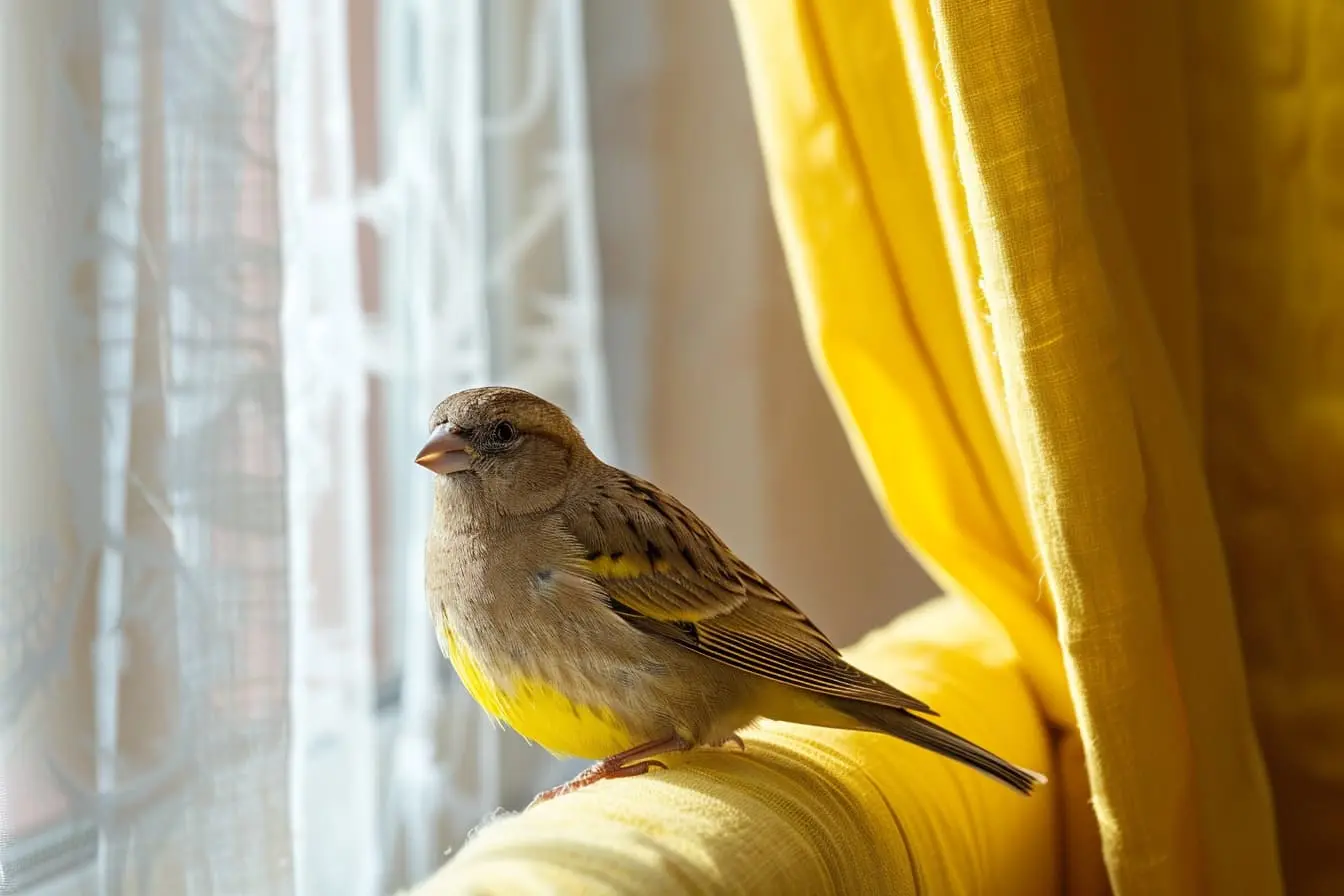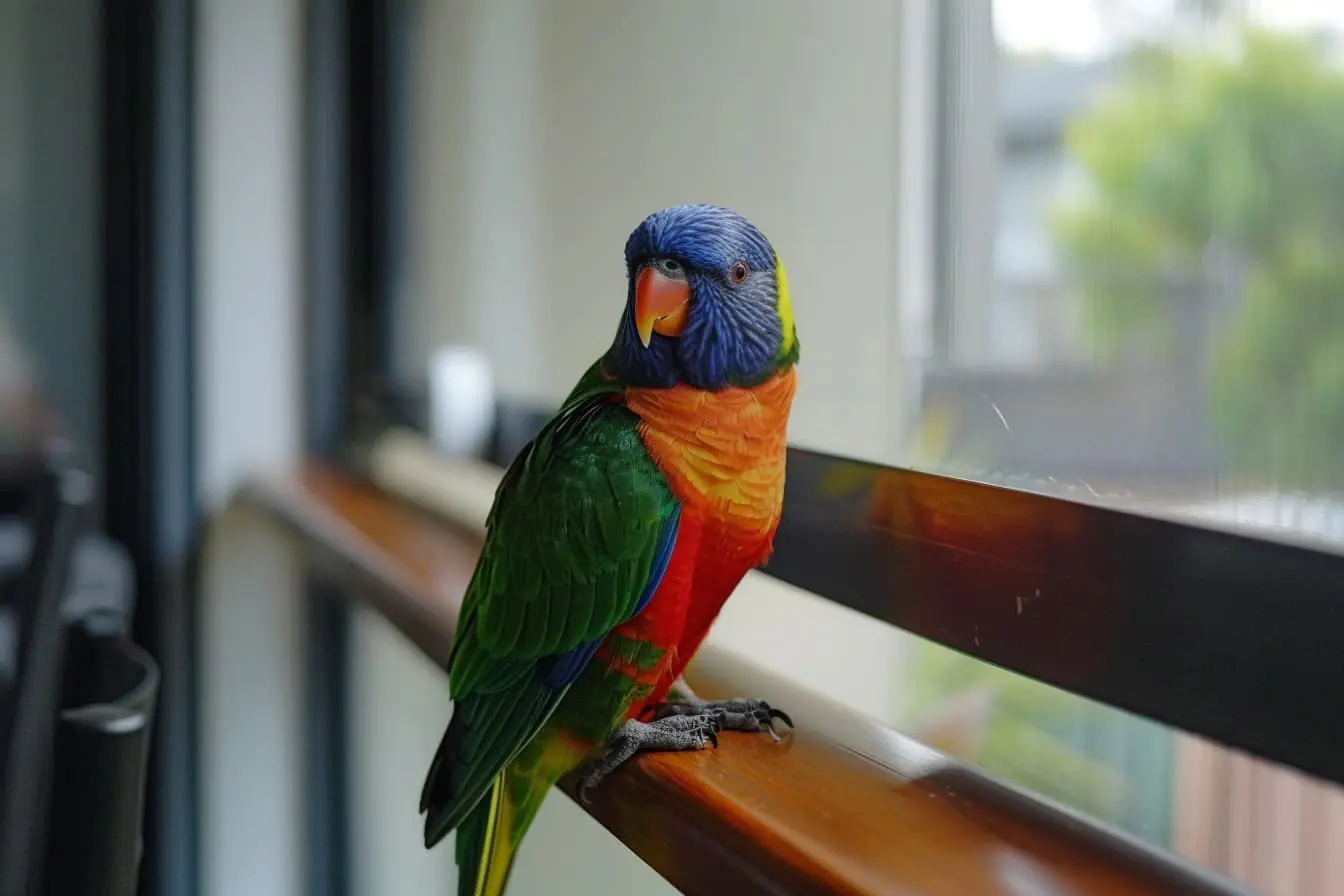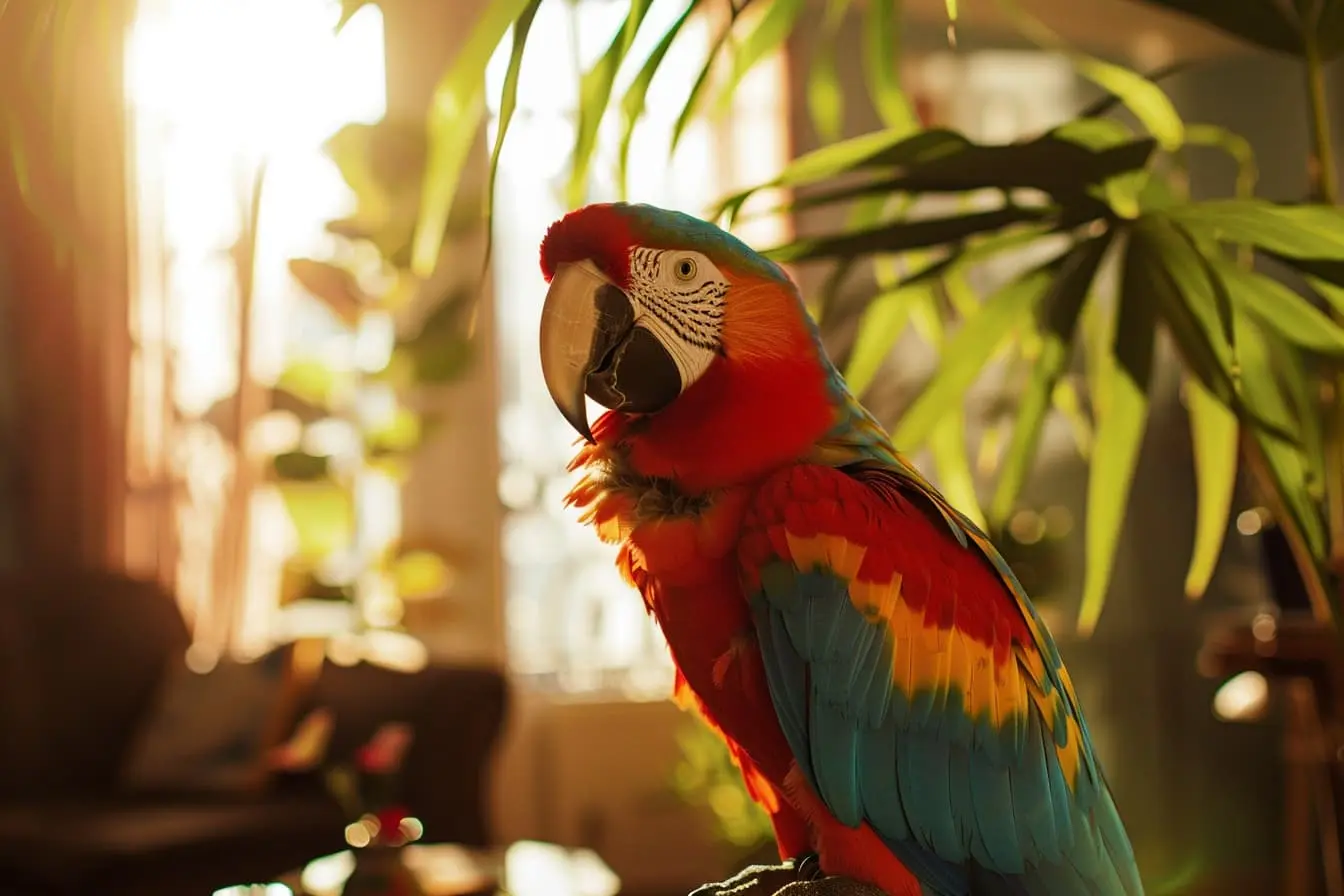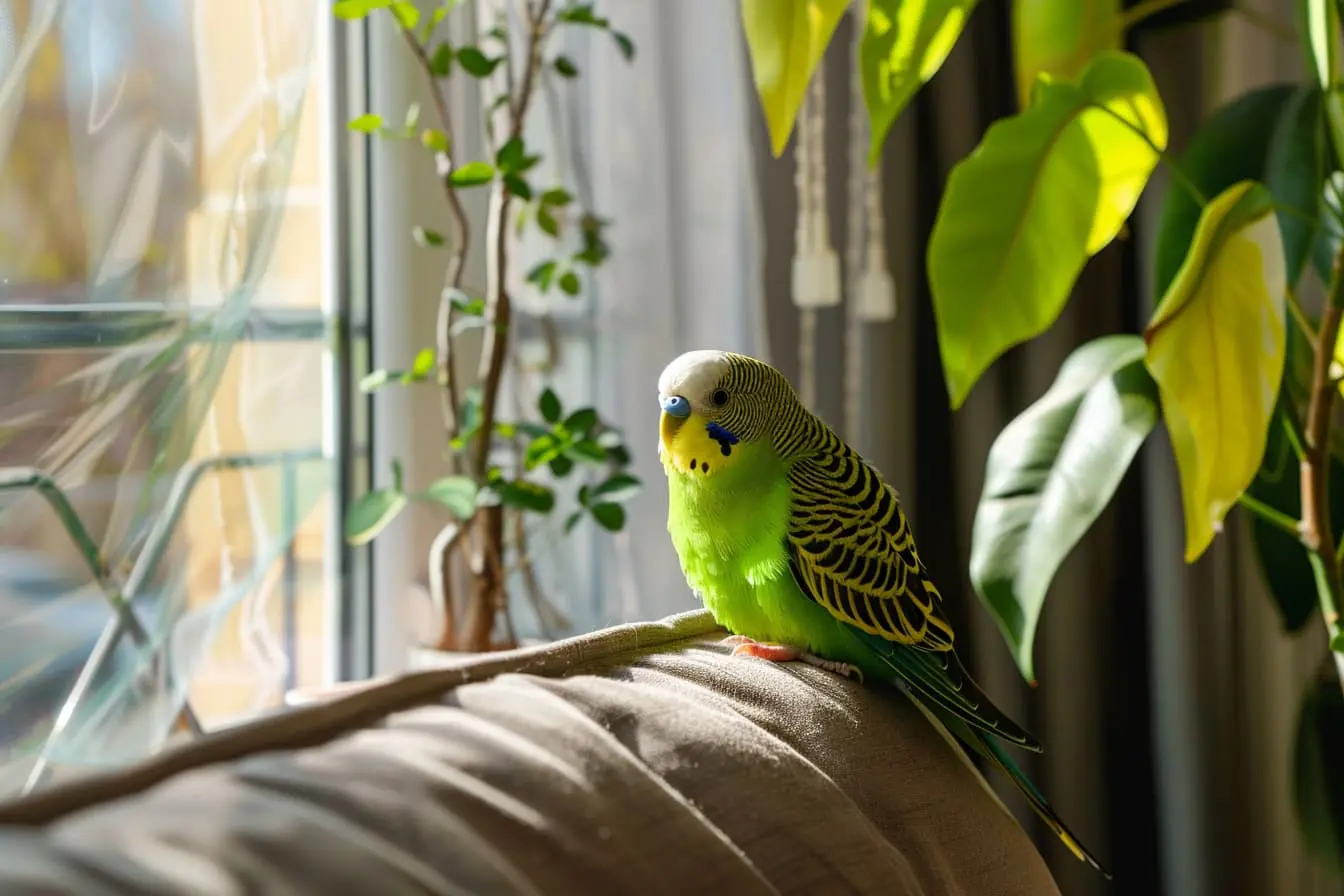
The Essential Guide to Owning a Parakeet
Parakeets are charming and lively companions, known for their bright plumage and sociable personalities. They make excellent pets for both novice and experienced bird owners alike. In the UK, parakeets such as budgerigars (commonly referred to as budgies) are particularly popular due to their manageable size and interactive nature. This guide will provide new owners with all the necessary information to ensure a healthy and happy life for their pet parakeet.
Choosing Your Parakeet
Types of Parakeets
While the term "parakeet" covers a wide range of small to medium-sized parrots, the most popular in UK homes is the budgerigar. Other types include:
- Ring-necked Parakeets: Known for their distinctive coloring and vocal abilities.
- Lineolated Parakeets: Small, quiet, and perfect for flat or apartment living.
Where to Buy
- Reputable Breeders: Purchasing from a reputable breeder ensures that the birds have been well cared for and are healthy.
- Pet Stores: Select stores known for clean conditions and knowledgeable staff.
- Rescue Organisations: Consider adopting a parakeet from a rescue centre to give a bird in need a loving home.
Selection Tips
- Health: Look for an active, alert parakeet with bright, clear eyes and smooth feathers.
- Temperament: Observe the bird's behaviour; a curious and interactive bird is often a good choice.
- Age: Younger birds may be easier to tame, but older birds can also bond with new owners.
Setting Up Your Home
Cage Requirements
- Size: The cage should be large enough for the bird to fly and exercise. For a single parakeet, a minimum size would be 30 x 18 x 18 inches.
- Placement: Keep the cage in a quiet but social area of your home to avoid stress and promote interaction.
- Bar Spacing: Ensure the cage bars are appropriately spaced (no more than 1/2 inch) to prevent escape or injury.
Essentials
- Perches: Provide varied perch sizes to help with foot health and exercise.
- Toys: Toys are crucial for mental stimulation and physical activity. Include items for chewing, climbing, and foraging.
- Food and Water Dishes: Use sturdy, easy-to-clean dishes, and consider placing them at different heights.
Nutrition
Diet
- Pellets: High-quality pellets should form the base of your parakeet's diet as they provide balanced nutrition.
- Seeds: Offer seeds in moderation as they are high in fat.
- Fresh Foods: Daily offerings of fresh vegetables and occasional fruits enhance the diet and provide essential vitamins.
Foods to Avoid
- Avocado, chocolate, and caffeine are toxic to birds. Also avoid sugary and salty foods.
Health and Maintenance
Regular Vet Visits
- Schedule annual check-ups with an avian veterinarian to maintain your parakeet’s health.
- Signs of Illness: Watch for changes in behaviour, appetite, or droppings, which could indicate health issues.
Daily Care
- Cleaning: Clean the cage and accessories regularly to prevent disease.
- Bathing: Provide a shallow dish of water or mist your parakeet periodically to help with feather maintenance.
Social Interaction and Training
Interaction
- Parakeets are social birds and thrive on interaction with their human families or other birds.
- Spend time daily interacting with your parakeet through talking, training, and play.
Training
- Parakeets can learn tricks and mimic sounds. Use positive reinforcement techniques such as treats and praises.
Legal Considerations
Wildlife and Countryside Act 1981
- Ensure that any species you keep comply with local wildlife laws, especially if considering a non-native species like the ring-necked parakeet.
Conclusion
Parakeets are delightful pets that bring joy and vibrancy to their owners' lives. By providing proper care, a nutritious diet, and regular interaction, you can ensure a fulfilling and long-lasting relationship with your feathered friend. Whether you choose a budgie, a ring-necked, or another type of parakeet, these intelligent and beautiful birds make wonderful companions.
Vets near you
Speciality vets
- Aquatics vet specialists
- Birds vet specialists
- Camelids vet specialists
- Cats vet specialists
- Cattle vet specialists
- Deer vet specialists
- Dogs vet specialists
- Equines vet specialists
- Exotic vet specialists
- Goats vet specialists
- Pigs vet specialists
- Poultry vet specialists
- Sheep vet specialists
- Small Mammals vet specialists
- Wild vet specialists
Vet facilities
- Accessible by public transport
- Blood testing
- Car park nearby
- Client car park
- Dentistry
- Diagnostic imaging
- Disabled public access
- Flea and worm treatments
- Microchipping
- Mobile services
- Neutering
- Open at weekends
- Out-of-hours service
- Referral interests
- Referrals only
- Street parking outside
- Toilets available
- Vaccinations
